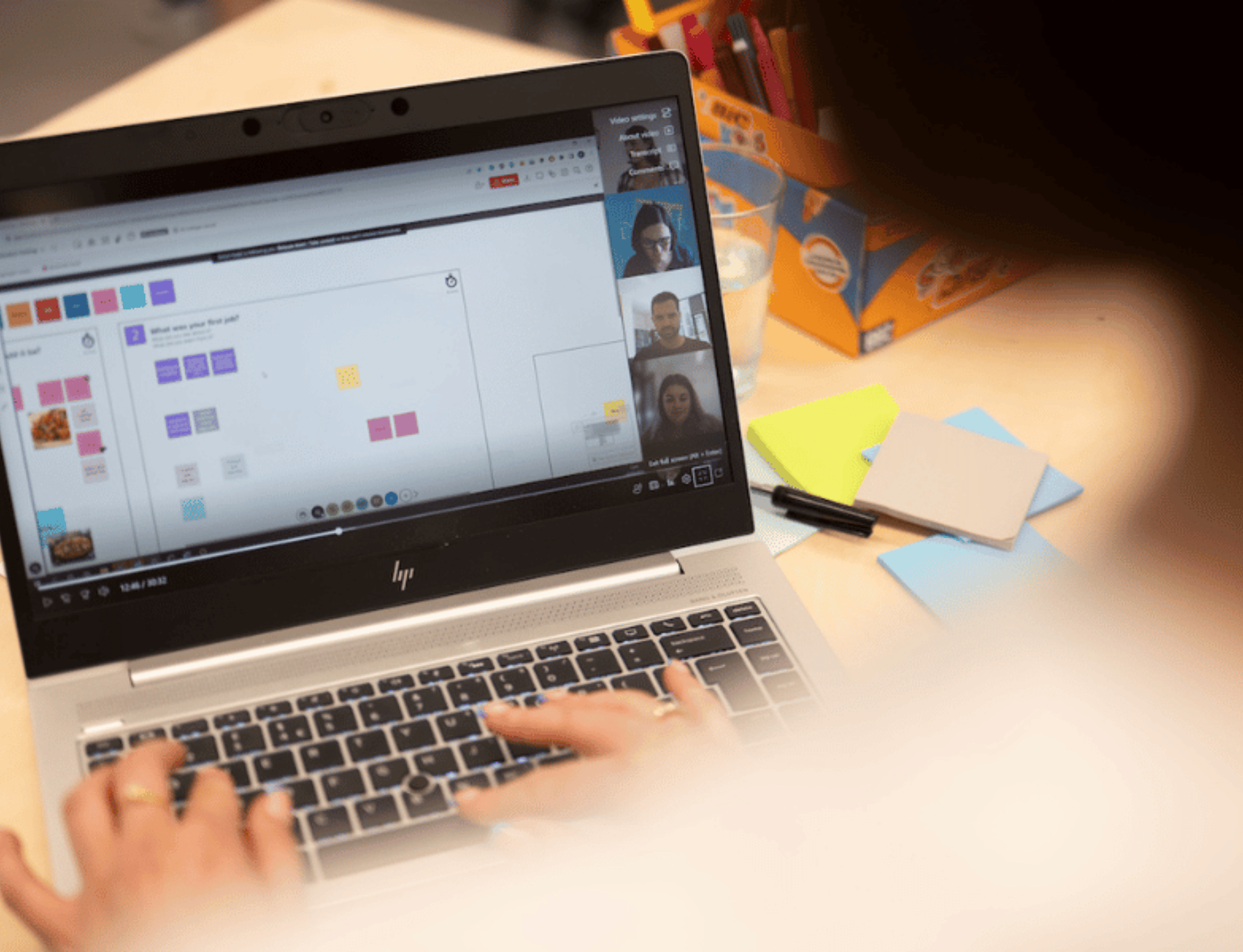Improving digital skills isn’t just about learning to use digital tools – it’s also a learning mindset.
In this fourth blog post of their digital skills series, Dave Weller, Digital Skills Lead at the University of Exeter, discusses why digital learning is essential to improving digital capability, what it is, and the benefits it brings.
Digital learning begins with the right mindset.
As Katie discussed in this previous article, there’s a lot of anxiety around the idea of ‘digital’. Many people may fear learning new technologies because they worry about looking silly or feeling stupid in front of colleagues. Either that, or people might feel that they’re so busy that they don’t have enough time to learn something new.
So how can we overcome these perceived obstacles?
We need to understand that before learning skills, comes a learning mindset.
What is a digital learning mindset?
Digital learning is a way of thinking that helps overcome these fears. It encourages continuous learning and understands that making mistakes is a natural part of the learning process.
In a way, it’s a ‘growth mindset’, applied to digital skills.
It involves being open to new experiences, embracing challenges, and viewing mistakes as opportunities for growth. By adopting this mindset, individuals can become more resilient as technology and the world changes.

It can be helpful to reframe digital learning from the negatives above to being an overall net benefit for you.
There are three main ways that learning digital skills can upgrade your day.
1. Digital skills improve abilities
Digital skills allow you to do things you couldn’t do before, or to do things better.
For example, mastering data analysis tools can lead to more informed decision-making, while proficiency in digital communication platforms can improve collaboration and productivity.
You can use these skills to be better at your current role (less stress, more competence), or look for a different role that uses these skills (more or a different challenge, and perhaps a higher salary).
2. Digital skills save time
Better digital skills means more time saved.
Using digital tools efficiently can save time. I remember a while ago being amazed when I learned how to automatically size windows next to each other on my large PC screen. Pressing the Windows key and the left or right arrow key, I could snap a window to one side of the screen and choose another window to fill the opposite side. It sounds really silly, but this tiny tip still saves me time every day.
Other small tips could be using other keyboard shortcuts, typing faster, using templates, and so on. Larger time savings could come from automation and using more advanced software functions.
These time savings add up and make a big difference in managing your tasks and time. (University staff and students can get more tips on how to best use digital tools at the Digital Hub).
3. Digital skills reduce friction
Improving your digital skills can also reduce friction in both your work and personal life.
By friction I mean the small, persistent annoyances and obstacles that make tasks harder than they need to be. Using software tools to their full potential can smooth your workflow and reduce stress, making work more enjoyable.
Final thoughts
Digital skills are more than just learning to use new digital tools. Digital skills are also about developing a mindset that values continuous improvement and isn’t scared of making mistakes.
By adopting this mindset, you can transform digital opportunities into personal learning gains, leading to a better work and home life experience, saving time and energy, and possibly leading to a more challenging (or less stressful) role.
Stay tuned for more digital skills tips in the coming weeks!
– Written by Dave Weller, Digital Skills Lead

